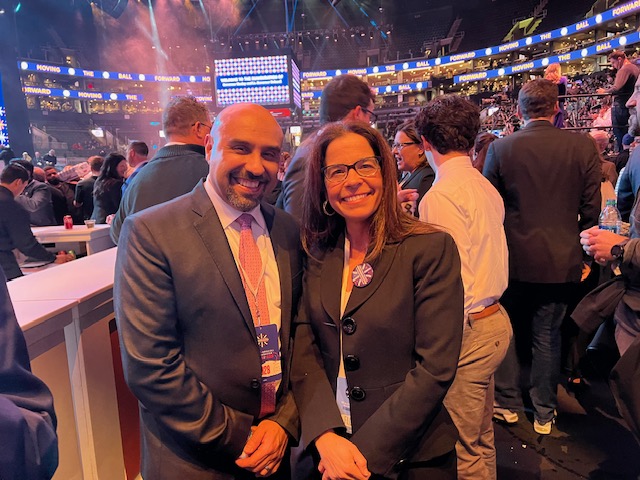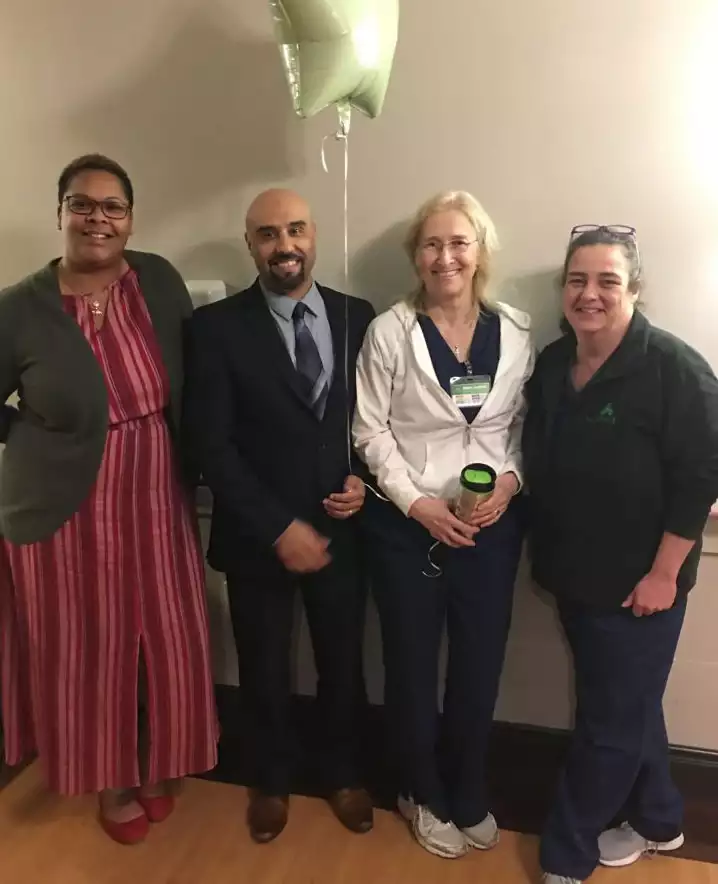
Healthcare education, which encompasses medical, nursing, pharmacy, and allied health training, is the foundational pillar upon which modern medicine stands. It’s more than just imparting knowledge; it’s about training individuals to provide compassionate care, make informed decisions, and continuously adapt to an ever-evolving field. As the complexities of diseases, technologies, and patient needs grow, the importance of a robust healthcare education system becomes all the more pivotal. This education shapes the professionals who will be at the forefront of patient care and medical innovation. Moreover, it instills a commitment to lifelong learning and professional growth in every medical practitioner.
The Evolution of Healthcare Education
Historically, healthcare education was predominantly based on mentorship. Early doctors and nurses learned their craft under the guidance of established professionals, often through hands-on experience. However, as the field of medicine expanded and specialized, structured curriculums, research-driven methodologies, and interdisciplinary studies became the norm. Today, healthcare education is a blend of classroom learning, practical simulations, and on-the-job training, ensuring a holistic development of budding professionals. It equips them not only with knowledge but also with the critical thinking skills needed in real-world scenarios. A balanced educational approach, combining theory with practical experience, is crucial in preparing professionals for the challenges they’ll face.
Incorporating Modern Technologies
One of the most significant shifts in healthcare education in recent years has been the integration of cutting-edge technologies. Virtual reality (VR), augmented reality (AR), and AI-driven simulations are now being employed to create lifelike scenarios for students. This tech-driven approach allows for hands-on experience without the risks associated with real-life situations. Furthermore, these technologies facilitate a better understanding of complex concepts, from understanding the intricacies of human anatomy to visualizing the progression of diseases at a cellular level. These tools also help in bridging the gap between theoretical knowledge and practical application, making the learning experience more interactive and engaging. As technology continues to evolve, its integration into healthcare education promises even richer, more immersive learning environments.
Interdisciplinary Approach: Breaking the Silos
Modern healthcare is not just about doctors or nurses; it’s about a collaborative approach involving pharmacists, therapists, technicians, and administrative professionals. Recognizing this, contemporary healthcare education places a significant emphasis on interdisciplinary studies. Students are often encouraged to collaborate across specialties, understanding the broader ecosystem of healthcare. This not only fosters a sense of teamwork but also ensures that when these students become professionals, they can provide comprehensive care to their patients. Integrating multiple disciplines offers students a holistic view of patient care, emphasizing the interconnectedness of various medical fields. Such an approach promotes better communication and collaboration in real-world healthcare settings.
Continuous Learning: The Heartbeat of Healthcare
Given the rapid advancements in medical research and technology, healthcare professionals cannot afford to rely solely on their initial education. Continuous learning has become a cornerstone of the profession. Many institutions now offer specialized courses, workshops, and certifications, allowing professionals to stay updated. Beyond formal education, forums, seminars, and conferences play a pivotal role in disseminating new knowledge and best practices across the community. As medicine evolves, healthcare practitioners need to stay abreast of the latest research, treatments, and methodologies. This commitment to continuous education ensures that patients receive the most current and effective care possible.
Cultural Competence and Ethical Training
With the world becoming a global village, healthcare professionals often cater to a diverse set of patients. This necessitates training in cultural competence, ensuring professionals can provide care that respects and responds to different cultural needs. In addition to this, ethical training is paramount. As medical professionals grapple with complex decisions, from end-of-life care to potential medical trials, understanding and adhering to ethical guidelines become essential. Both these aspects underscore the need for healthcare education to go beyond just clinical training, emphasizing the human side of medicine. These soft skills, often undervalued, play a crucial role in the effectiveness and sensitivity of patient care.
Challenges and Opportunities in Healthcare Education
While the field has seen unparalleled growth and advancements, challenges persist. The rising costs of medical education, for instance, can be a barrier for many aspiring professionals. There’s also the challenge of ensuring standardized education across regions, making sure that every professional, irrespective of where they are trained, meets global standards of care. On the flip side, the digital age presents immense opportunities. Online courses, webinars, and digital resources can democratize access to high-quality education. Collaborative platforms can connect students with mentors globally, fostering a culture of shared learning and global standards. Addressing these challenges while leveraging the available opportunities will be vital in shaping the future of healthcare education.
Conclusion: The Road Ahead
Healthcare education, with its blend of rigorous academic training, hands-on experience, and ethical grounding, is arguably one of the most challenging and rewarding fields of study. As the sector evolves, so must the way we educate our future professionals. Embracing technology, fostering interdisciplinary collaborations, and emphasizing continuous learning are the way forward. With the right approach, healthcare education can continue to mold professionals who are not only clinically proficient but also empathetic, ethical, and ever-adaptable to the dynamic world of medicine. As we move forward, it’s essential to recognize the significant impact of educators, institutions, and innovative methodologies in shaping the healthcare leaders of tomorrow. Their efforts will determine the quality and efficiency of patient care in the years to come.
